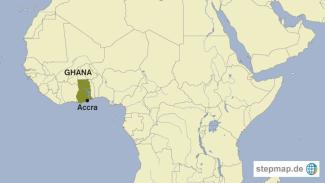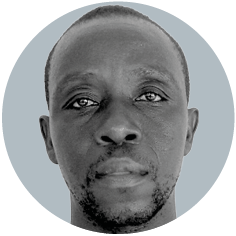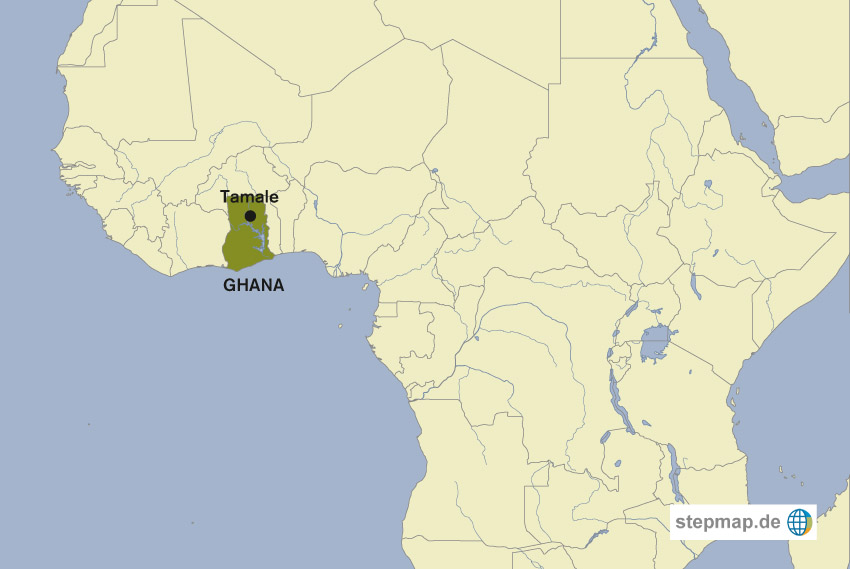Children
Protecting the young against violence

It is late afternoon in a suburb of Tamale, the capital of Ghana’s northern region. A group of youngsters sit in a circle. A facilitator from a non-governmental organisation has invited them to discuss their personal safety. Abibata Mohammed, a 14 year old girl, reports that she has experienced sexual harassment. “One grown boy came and touched my breast. I did not like it.”
She says that things like that are common, and that she has suffered worse: “When I was 12 years old someone forcefully inserted his finger in my private part.” Back then, she told her parents, but they were no support. They only scolded her and told her to keep quiet, Abibata reports.
Abibata’s experience is not unusual. In spite of various laws that are supposed to protect minors, abuse and violence are common. Victims typically have nowhere to turn to.
NORSAAC, a non-governmental organisation (NGO), wants to change matters. It is raising awareness for gender and children’s rights in northern Ghana. One of its tools is a scorecard system the NGO developed to enable children to report abuses. The scorecard lists issues like neglect, sexual abuse et cetera. The youngsters only have to tick the boxes. Nancy Yeri of NORSAAC explains: “It is based on the realisation that most children fear to report when they are abused, perhaps because the people in the communities will shame them.” The scorecard helps the NGO to identify children’s traumas and worries. The NGO then encourages victims to talk about their experience.
“I don’t like being beaten just because of simple mistakes,” says ten-year-old Alhassan Hanan. In most households and schools in Ghana, the cane is used widely to discipline children. “When they do that to me I can’t focus on my studies anymore,” Hanan laments. Instead of being corrected, he is hit with a cane every time he makes a mistake.
Emmanuel Horlotu, a leading police officer, agrees that families’ attitude is “part of the problem”. He finds it “difficult to deal with”.
Maxwell Suuk is a journalist and lives in Northern Ghana.
suuk.max@gmail.com










